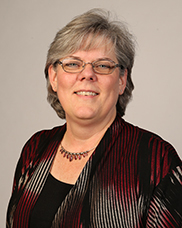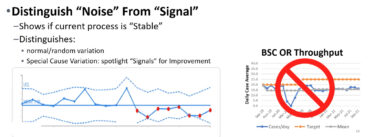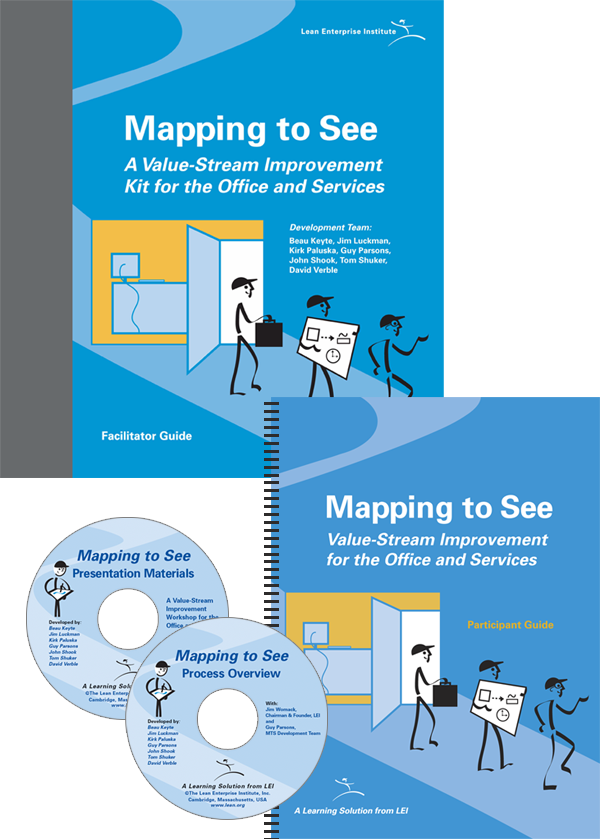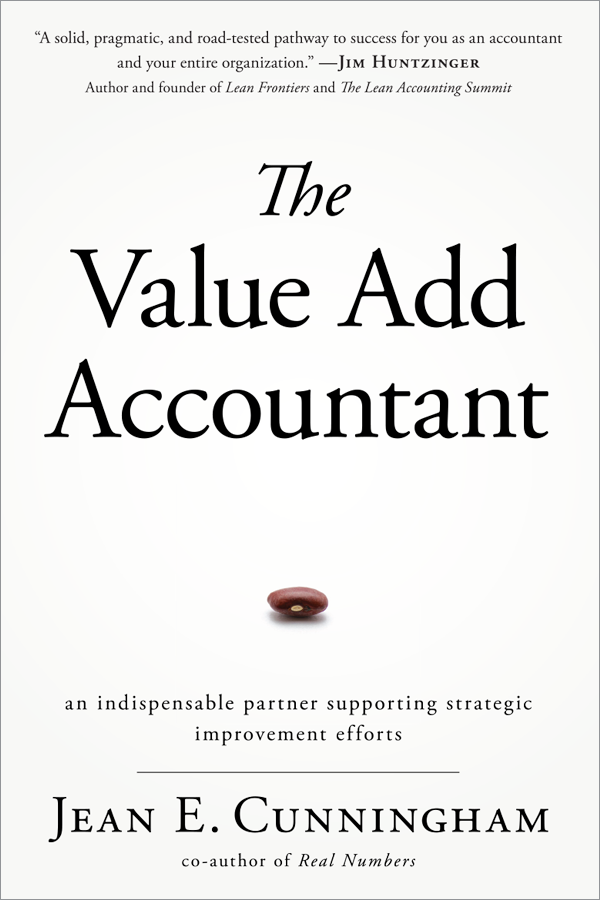Since 2008, the Lean Enterprise Institute has sponsored the Excellence in Lean Accounting Award to fund scholarships helping pairs of students and professors attend the annual Lean Accounting Summit.
The award, created by summit organizer Lean Frontiers and administered by the nonprofit Lean Education Advancement Foundation (LEAF), recognizes teacher/student pairs who attended a previous summit then applied what they learned in the classroom. Winners are selected by a panel of lean accounting thought leaders.
Since the lean accounting movement seeks a shift from traditional cost accounting practices to ones that are more understandable, more accurate, and that correctly measure and motivate companies implementing lean management principles, we decided to check if any kind of shift was actually happening.
In this series, we’ll talk to past award winners to learn what impact the scholarship and award have had on the teaching and practice of accounting. Here is what we learned from Laurie Burney, Ph.D., a 2008 award recipient when she was assistant professor of accounting at Mississippi State University. She currently is Associate Professor of Accounting, Baylor University.
 |
|
Laurie Burney, PhD, 2008 award winner |
Chet Marchwinski, LEI communications director: Did winning the Excellence in Lean Accounting Award and attending the Lean Accounting Summit affect your classroom teaching or your career in any way?
Professor Burney: Both did in different ways. My introduction to lean principles came during my MBA program many, many years ago. Attending the Summit has allowed me to do two things. Number one it has helped grow my passion for lean and the passion for my belief that students should be exposed to lean principles. The second thing is that it has improved my teaching because it’s increased my knowledge about lean. I think that’s really impacted the quality of what my students get in the classroom.
CM: If another professor wants to introduce lean principles into an accounting or finance class, do you have any advice based on your experience?
Professor Burney: Well, I think one of the things that I, from an accounting standpoint, have realized is that I want my students to learn about the accounting implications of lean, but many of my students don’t even understand what lean is. They think lean is just-in-time or a cost-cutting process. They really underestimate what lean is and really don’t even understand the principle of flow.
So the introduction to lean my accounting students get is a simulation. We spend the first day going through a production simulation set up like a traditional manufacturing process. Over two more rounds, we convert it to lean. That’s really what turns the light on and gets them passionate about it. Their interest in its impact on accounting naturally flows from that.
CM: Are you teaching a lean accounting course, or is this an accounting course with a lean component in it?
Professor Burney: In the fall I teach undergraduates an advanced managerial accounting class with a two week introduction to lean. Then in my graduate course in the spring, we spend a third of the semester on lean.
CM: Do you find that students are interested in learning about lean management and lean accounting?
Professor Burney: I would say that of everything that I teach my students, the clear majority of what I hear back from them, especially later in their careers, is about the time I spent on lean. It’s pretty refreshing that they actually clearly remember what I taught during those days.
For example, at Mississippi State I had a student who sent me an email a year or so after graduation. He was volunteering at a food bank and the process was totally unorganized. During the break, he applied what he had learned about lean and redesigned the process for filling boxes with food. He said the process went so much smoother they finished packing early. To me, that is a clear sign of the passion they have in learning the topic, because a year later he’s actually applying it.
I get emails back from students, even ones in public accounting, who say, “Hey, I’m really glad you covered that. My first client that I was assigned to was a lean company. It really helped that I had that background in lean to understand what the company’s doing.”
Whether they’re in public accounting or industry, when I get emails back or talk to students later, what I hear about is how even that limited coverage on lean impacted them and how they remember it.
CM: It sounds like, from your experience with former students, that they are seeing it in action in companies.
Professor Burney: Yes, and recognizing that they need the knowledge. You can’t audit a lean company if you don’t understand lean principles
CM: Do you see any evidence that lean accounting principles are impacting how accounting is taught or on the accounting profession itself?
Professor Burney: I think there are some very good examples at the Lean Accounting Summit of how we’re rethinking what we do as accountants when we consider if an activity is value added or not, or when we think about the “why” behind what we do. Unfortunately, I don’t think lean has spread as much as I would like to see. But just the fact that the Big Four accounting firms are starting to hold training sessions on lean tells us that it is having an impact on the accounting arena.






